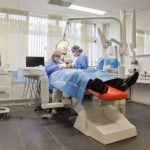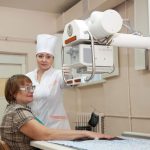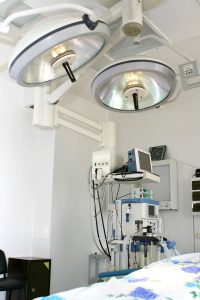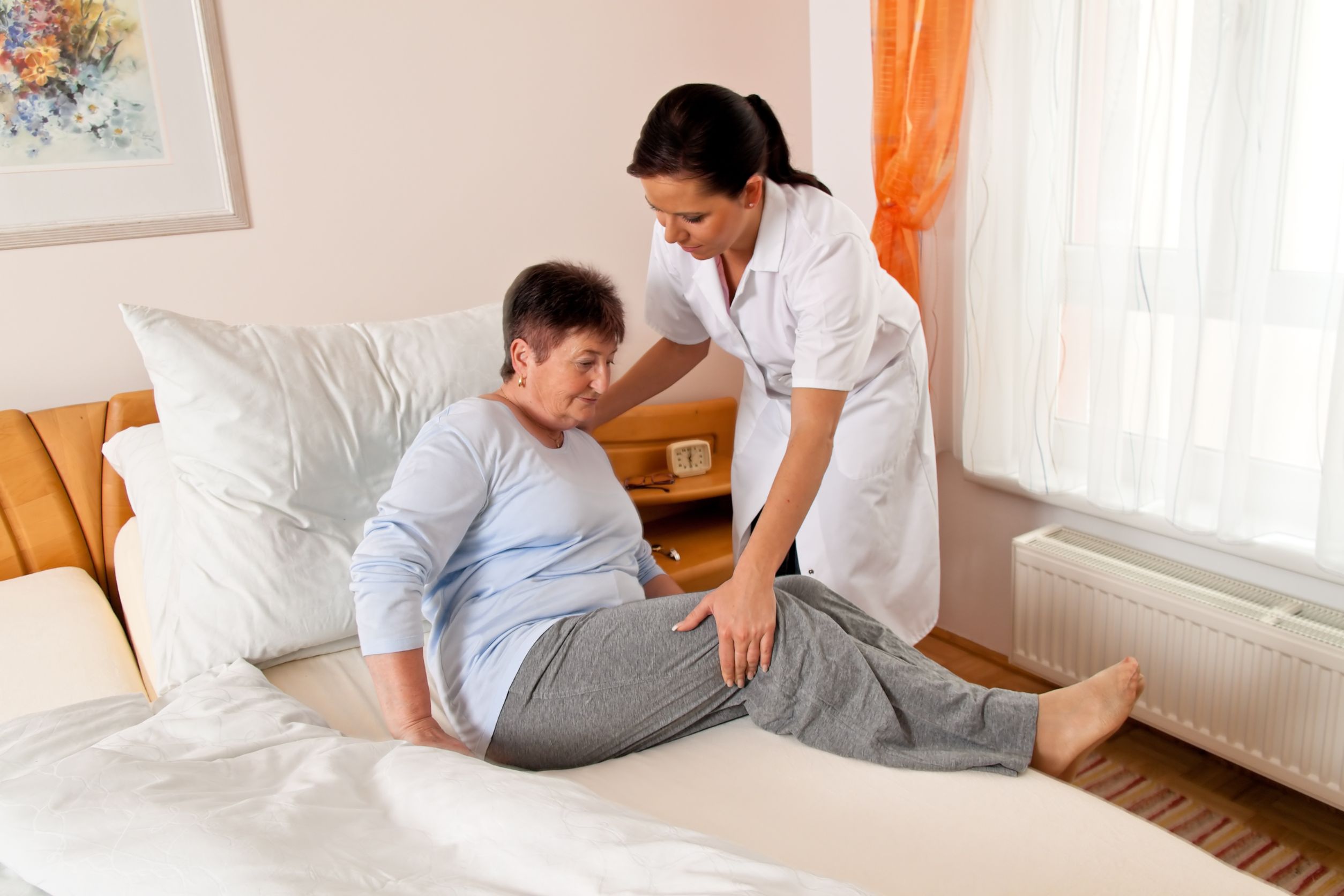Before medical computer carts became a mainstream aspect of healthcare, patient information, consultation results, and other data entry tasks created by hand were prone to errors. Unlike many other professions, mistakes in the health care field can result in severe consequences. Just one wrong number can lead to patient suffering, lawsuits, and loss of employment.
When medical laptop carts on wheels came along, many of these mistakes were either caught or reduced, resulting in better patient care, lower stress on staff, and higher health care facility ratings.
These are some of the general ways medical computer carts benefited the healthcare system. Here are more specific examples that highlight the breakthrough that was medical computer carts.
Documentation for Various Patients
Medical laptop carts on wheels provide two main functions for nurses— documentation of their interactions with patients and the ability to view medical records. As nurses and other professionals see many patients throughout the day, having a mobile digital platform is crucial for accurate records.
Previously, manual transcription was the primary method to track data. With hospital carts, these records can automatically be put into the health care system and shared with other professionals. These records are easier to find, to update, and to explain to the patients.
To remain up-to-date with each patient, nurses and doctors view their records. Portable digital records allow them to see any changes that have occurred with each patient, view their medical history, and remain aware of any potential hazards, such as allergies.
Without mobile medical carts, much of nurses and doctors’ time is used traveling back and forth between their desks and patients. Now that mobile medical carts are mainstream, these professionals are free to use their time supporting their patients.
As the medical industry embraces—and mandates—electronic records, the use of digital histories has spread to 95% of hospitals. Even more promising, 60% of small offices have implemented digital record-keeping.
Enhanced Work Flow
Many nurses spend 2-4 hours of their shift submitting documentation. They are moving nearly all day and switching between a variety of demands. Medical carts offer excellent strategies to boost their productivity and accuracy.
With these devices, doctors can move around the hospital and access any patient’s data using medical computer carts placed on each floor.
Rather than traveling back and forth between the nurse’s station, physicians can spend their limited time talking to patients, understanding their needs, collaborating with their staff, taking accurate notes, and offering the best care they can.
Real-Time Documentation
A problem that negatively affected much of the health care field regarding documentation was delayed documentation input.
For instance, if a nurse traveled from his/her patient and to the primary nurses’ station and input data, the nurse may not remember the information correctly. If another staff member was using the computer, this information could be misplaced or forgotten. All of these delays can lead to documentation that is not as accurate as it should be.
As health care providers are extremely busy, they need their equipment to move as quickly as themselves.
Infection Prevention
Hospitals are focused on healing, but as there are so many people in one place, healthcare facilities can also be home to infections. To reduce the risk of diseases, medical carts equipped with devices that feature an anti-microbial coating are excellent at reducing the spread of bacteria.
Previously, with immobile desks, there was little way to know who or what had come into contact with a nurse’s equipment.
An easy to clean cart combined with hardware that prevents bacteria from clinging is an excellent way to increase the well-being of everyone in a health care facility.
In summary, medical computer carts have provided a plethora of benefits to the health care field through positive doctor-patient interactions, lowered infection rates, increased documentation accuracy, and easier access to patient’s records.








